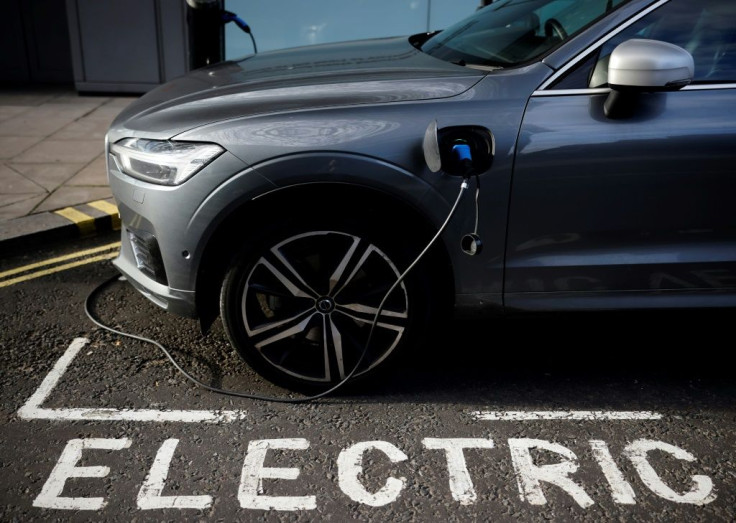Interest In Electric Cars Skyrocket, But Shortages Plague Consumers Who Want One
With gas prices hovering around $4 a gallon, consumers are turning their attention toward electric vehicles as they look for ways to save at the pump. But getting their hands on an EV may not be as easy as they may have hoped.
There is a shortage of electric and hybrid cars that is causing the price of these vehicles to spike, much like the traditional gas-powered small car market is experiencing as automakers focus on selling larger autos that have a higher price point, NPR reported.
Automakers are having to decide which vehicles will actually make it down the production line as they are forced to prioritize their resources due to chip shortages that are affecting their capacity output.
Vehicle makers like Ford, GM, and even Tesla, have been forced to produce some car models without certain features due to the lack of chip supplies.
Pat Ryan, CEO of the car-buying app CoPilot, told NPR, “If you're General Motors, you'd rather make a big SUV. A big Suburban might make you $10,000. There's no way to make $10,000 on a $25,000 car."
Even as consumer demand increases for EVs, they make up just over 4% of the U.S.’ total car sales currently, making the supply of the vehicles extremely limited, according to NPR.
“There's a ton of demand in the market, but there just isn't the supply,” Ryan told the news outlet.
As gas prices spiked amid the Russia-Ukraine conflict, interest in electric cars peaked significantly as searches for EVs reached a record high in the U.S. in March, according to Google Trends.
Search interest in #ElectricCars reached a record high in the US this month.
— GoogleTrends (@GoogleTrends) March 23, 2022
How has search interest in the topic changed over the years with #gasprices? pic.twitter.com/2LerzR8tAX
“It's a direct reaction to high gas prices, and on top of that, we're also seeing more and more EV models available to choose from for consumers,” Jesse Toprak, chief auto analyst at Autonomy, an EV subscription company, told CNN.
"So it's a function of I will say, mostly high gas prices, but also availability of new EV products in the marketplace,” he added.
But the issue is further compounded by the Russia-Ukraine war as materials used in battery systems, such as lithium, nickel, and cobalt, are having their production disrupted due to the conflict.
“Inventories are very low, and a lot of the new models that are coming out are reserved and sold out,” Michelle Krebs, executive analyst for Cox Automotive, told CNN.

© Copyright IBTimes 2024. All rights reserved.





















